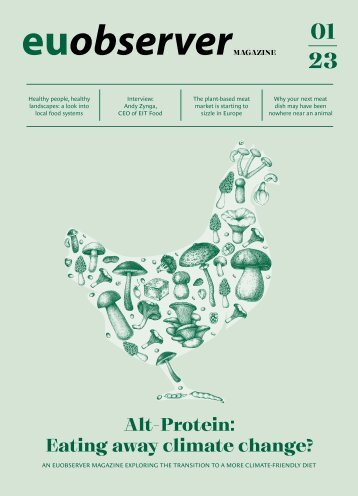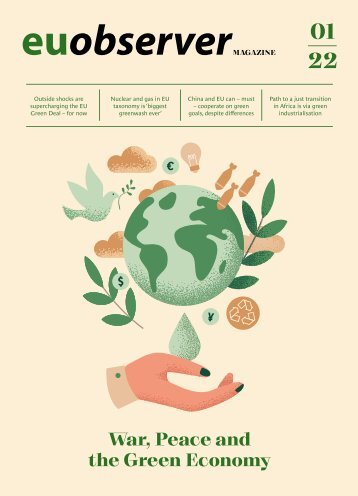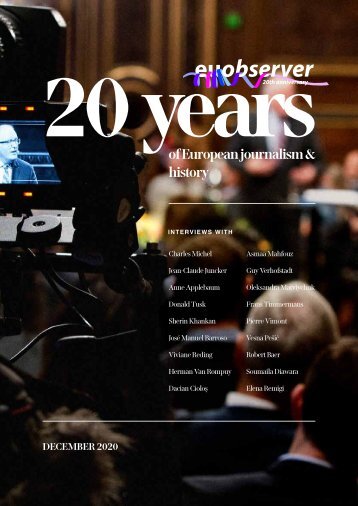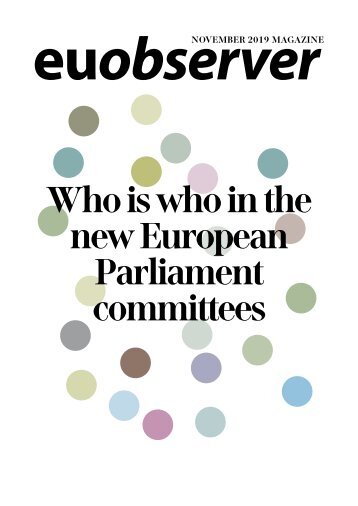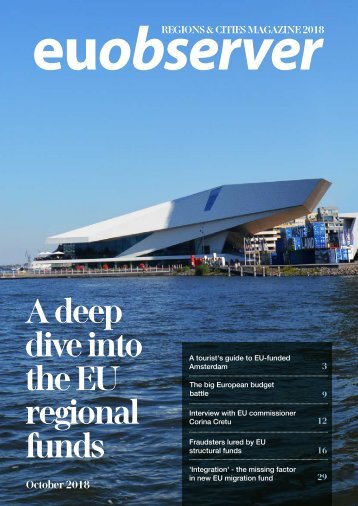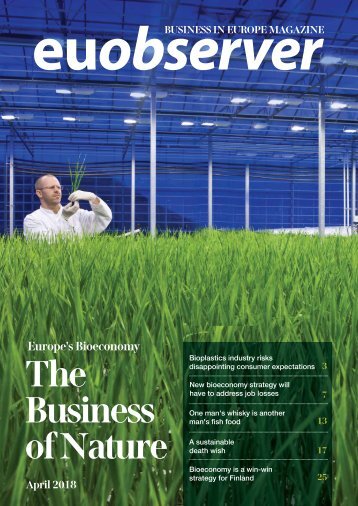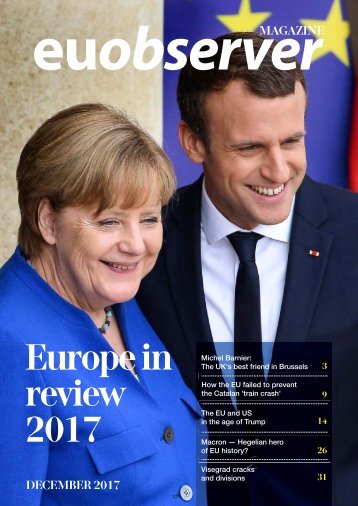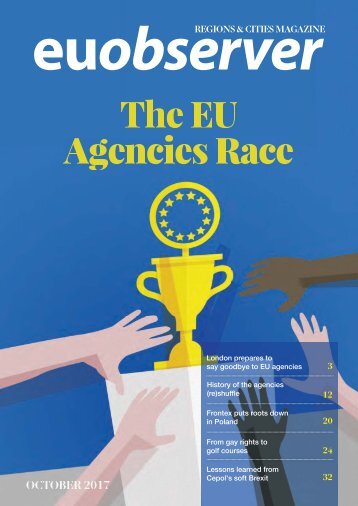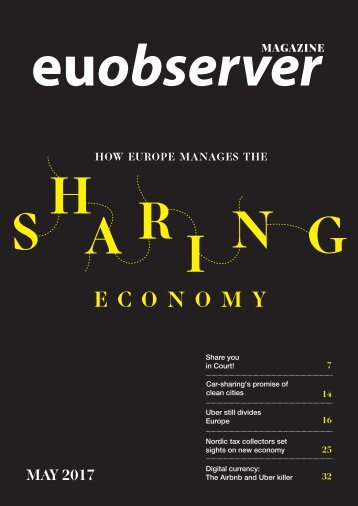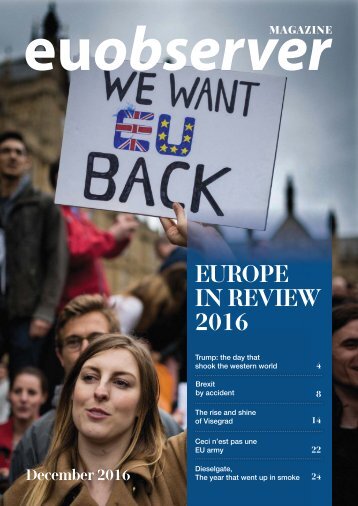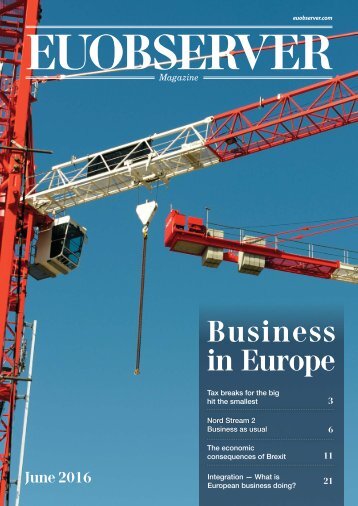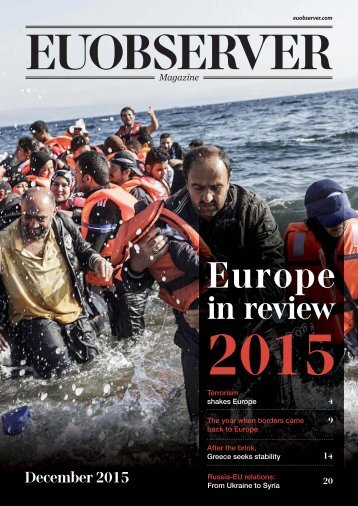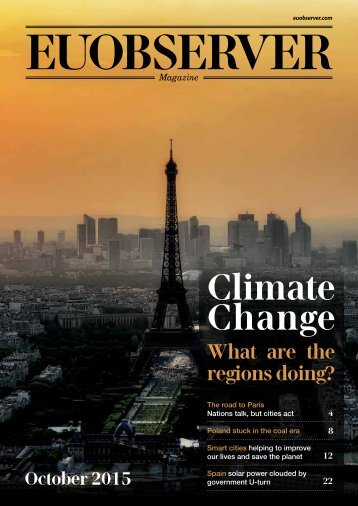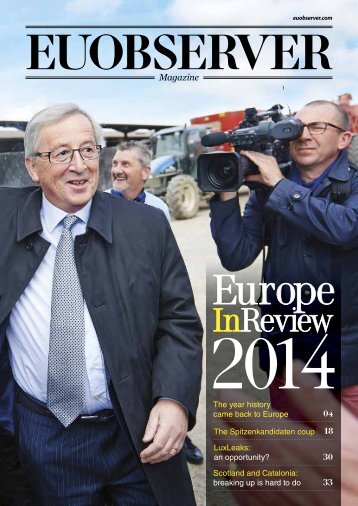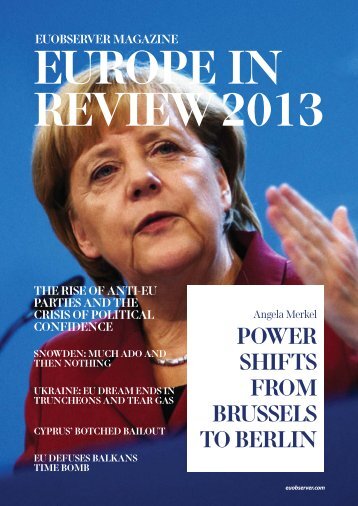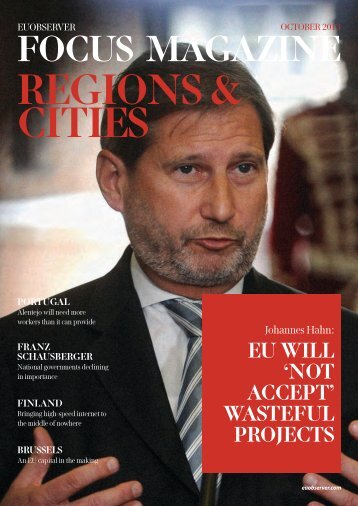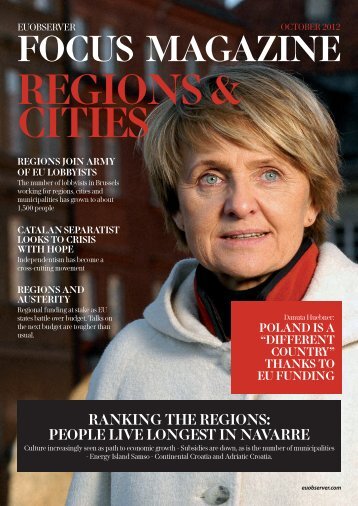Regions & Cities: The EU Agencies Race
- Text
- Regions
- Agencies
History of the agencies
History of the agencies (re)shuffle The history of how EU agency seats were established shows that political dealmaking, not logic or objective criteria, is the decisive factor. The scramble among member states to host EU agencies is a feature of European integration that dates back to the founding of the first decentralised bodies. A dive into the archives shows that time and again, political deal-making, not logic or objective criteria, is the decisive factor for determining the seat of an EU agency. The notion that agencies should be equally divided among member states was already applied early on, when the first agency of the European Communities was set up - the European Centre for the Development of Vocational Training (Cedefop). It was established in 1975, when the European Communities had nine members. Months before the decision was made, Dutch regional newspaper Limburgsch Dagblad actively campaigned for Cedefop to be based in Limburg, the south-eastern province of the Netherlands, after quoting civil servants from the region who said that the Dutch government had not made any attempt to attract a European institution. In an editorial, the newspaper argued that hosting Cedefop may help tackle the province's economic situation - since at that time, it was facing the closure of its coal mines. Despite the Dutch government's bid, West Berlin - which at the time was geographically isolated because of the Cold War - was awarded the agency seat. "Beautiful opportunity lost because of [Dutch] government's attitude", the disappointed newspaper Limburgsch Dagblad headlined. A few months later, the Netherlands missed out on hosting another agency, the European Foundation for the Improvement of Living and Working Conditions, which ended up in Dublin. BEHIND CLOSED DOORS The next agency to be established was the European Environment Agency (EEA), in May 1990. The European Commission had left the decision on the EEA's location to the Council of the EU, where member states meet, something MEPs criticised a month later. British Labour MEP Ken Collins said the Commission should have proposed a seat, instead of "leaving it all to the Council to make a deal … on the basis of the kind of deals the Council of Ministers get up to behind closed doors when they have had their second cognac." His compatriot MEP Caroline Jackson, a Conservative, said the agency should be in Brussels. "Would the United States suddenly 12 — REGIONS & CITIES OCTOBER 2017
Photo: Baaa decide to put the United States Environmental Protection Agency in Nebraska and the Food and Drugs Agency in San Francisco? Of course they would not, they are both in Washington." MEPs adopted a text that called for the seat of the EEA to be decided "without delay", but they had to urge the member states twice more in strongly worded texts to hurry up, with centreleft Danish MEP Kirsten Jensen in 1992 blaming the "ludicrous" situation, in part, on "French blackmail". France was among the countries blocking a decision because it wanted the Strasbourg seat of the European Parliament to be solidified first, which was not confirmed until December 1992. It would not be until December 1993 that government leaders were able to agree on the location of the EEA, partly due to the fact that, in the meantime, additional agencies had been proposed or set up. With nine agencies and institutes to distribute, the task became somewhat easier. But not all offices were held in equally high regard. The European Monetary Institute, the predecessor of the European Central Bank, was seen as the top prize. It went to Frankfurt. The then Spanish prime minister, Felipe Gonzalez, was reportedly not satisfied with only hosting the Office for Harmonisation in the Internal Market, Signature of the Treaty of Rome in 1957. Since the early days of institutions and agencies. Photo: oaosso REGIONS & CITIES OCTOBER 2017— 13
- Page 1 and 2: REGIONS & CITIES MAGAZINE London
- Page 3 and 4: London prepares to say goodbye to E
- Page 5 and 6: and conferences. Securing the reloc
- Page 7 and 8: Photo: ta s the road and we are pro
- Page 9 and 10: Photo: undertakings are largely u
- Page 11: REGIONS & CITIES OCTOBER 2017— 11
- Page 15 and 16: Verhofstadt (r) and other EU leader
- Page 17 and 18: were set up, including the European
- Page 19 and 20: people are happy and we don't have
- Page 21 and 22: Photo: Aeey ooyaiy spaces in the c
- Page 23 and 24: Photo: roeaommiio It is also next t
- Page 25 and 26: CYCLING Accessibility is one of the
- Page 27 and 28: CONSTRUCTION EQUIPMENT SECTOR IN EU
- Page 29 and 30: Five kilometres north of Alicante a
- Page 31 and 32: Mediterranean coastline. According
- Page 33 and 34: British home in Bramshill. Photo: L
- Page 35 and 36: Coming to work in a country with 20
Inappropriate
Loading...
Mail this publication
Loading...
Embed
Loading...

